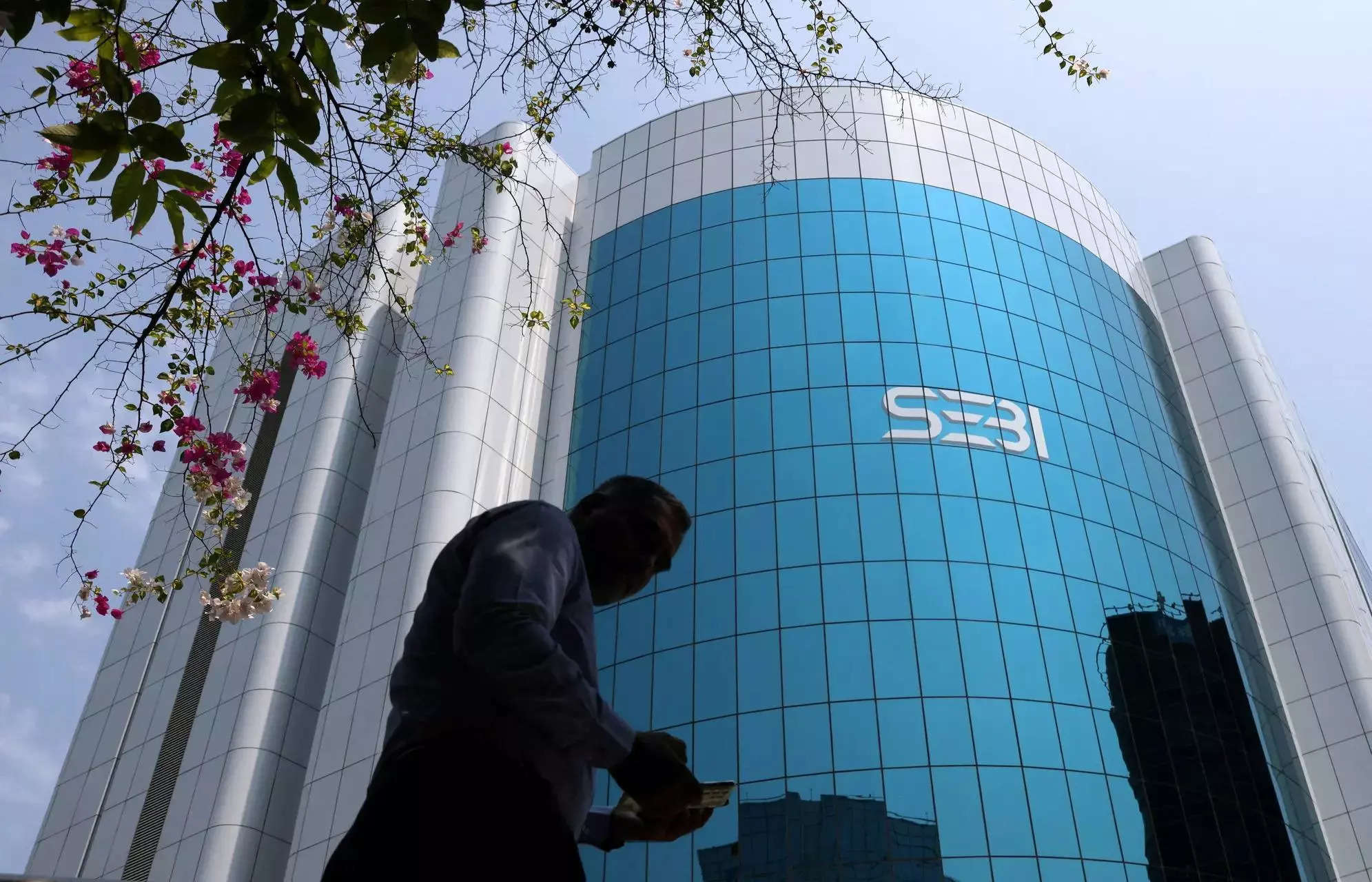Sebi cracks down on gaming apps involved in virtual trading
The Securities and Exchange Board of India (Sebi) has asked exchanges and depositories not to share real-time price data with third parties in a move aimed at quashing such activities.
Mumbai: The capital market regulator is cracking down on providing services and based on the movement of of listed companies, which have mushroomed over the past few years in the wake of high for .The () has asked exchanges and depositories not to share real-time price data with third parties in a move aimed at quashing such activities.
"If the data is used for education or fun purposes it's fine, but monetary incentives can't be allowed based on the performance of the virtual stock portfolio," said a regulatory official. "Then it's like dabba trading, which is illegal."
The Sebi action, however, will not impact media agencies providing real-time .
 Agencies
Agencies'Precautionary Measure'
Several stock gaming online platforms have been launched in India in recent years. They don't involve real-time trading through but users compete with each other on the basis of fictional trading strategies and portfolios. Users of such platforms pay a membership fee to trade and the best performers get prizes.
"This is a precautionary measure as it's a niche segment," said a member of the Sebi's expert committee on the secondary market.
In some developed countries, gaming based on real-time feeds is allowed as exchanges earn a significant portion of their revenue from such data dissemination.
However, Sebi rules stipulate that no person should offer any game or league on securities or related to the securities market.
"If you are doing a wager contract it is not allowed. This is all unauthorised usage of data. We are now putting the responsibility on those who have data," said the regulatory official cited above. "Exchanges and depositories will have to monitor how the data is being utilised."
Raj Kundra Case
A few years ago, when Sebi was investigating a case related to businessman Raj Kundra, it had observed that his firm was getting data feeds and engaged in gaming activity based on that.
"Sebi's circular essentially means that it ends all platforms offering trading competition, demo trading, CFDs (contracts for difference), and more," co-founder Nithin Kamath said on X.
In the past, exchanges have warned entities using data scraped from their websites or those of brokers. Despite these warnings, some of the new gaming platforms have been found circumventing rules.
Exchanges earn revenue through transactions and the sale of data feeds. Stock brokers get the feeds free as they provide data to clients for trading. When exchanges sell live data feeds to entities other than stock brokers, they charge fees.
Sebi said market price data may be shared for investor education and awareness activities without offering any kind of monetary incentive to the participants and a lag of one day. It has also asked stock exchanges to carry out due diligence while sharing such data.
Some participants may be reselling live data to entities developing gaming apps, said people familiar with the matter. Stock exchanges will have to revise their legal agreements on sharing data to include provisions to prevent any kind of misuse by entities.
Source: Stocks-Markets-Economic Times
